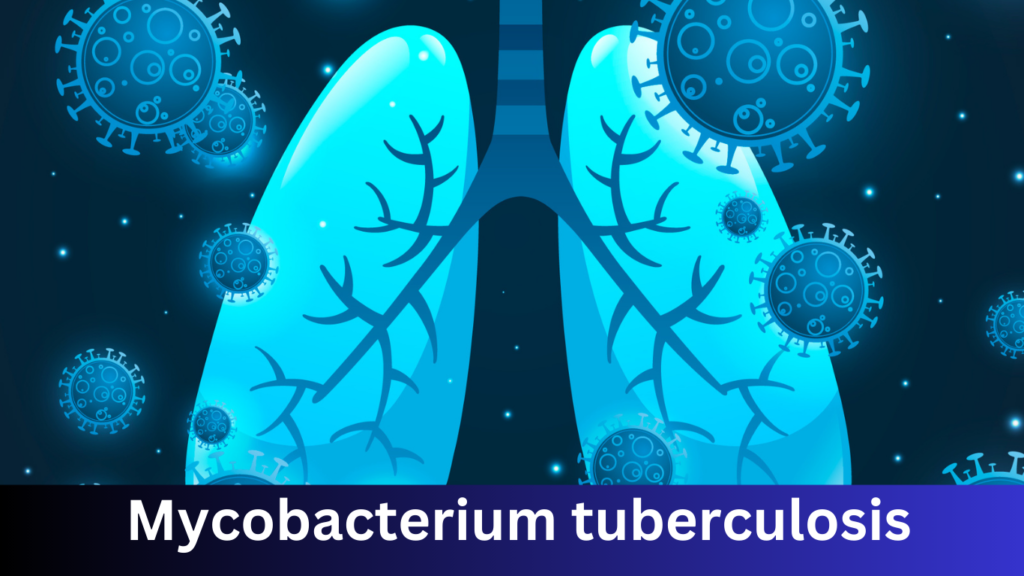Tuberculosis Treatment in Jaipur

Tuberculosis Treatment in jaipur, Book a meeting with Dr. Nalin Joshi. who is the Best Pulmonologist in Jaipur
Tuberculosis & TB Disease
Tuberculosis or TB is an extremely irresistible infection that unfavorably influences the lungs. It is a transferable infection. The microorganisms which cause tuberculosis is spread in the air through hacks and sniffles and passes starting with one individual then onto the next.
need to seek the best Tuberculosis treatment in Jaipur, Book a meeting with Dr. Nalin Joshi. who is the Best Pulmonologist in Jaipur.
According to the reports of the World Health Organization (WHO), TB is among the best 10 reasons for passings around the world.
Tuberculosis is a preventable illness and can be restored under the right circumstances.
Tuberculosis symptoms:

The TB symptoms depend upon the immune system of an individual. In many cases, even after getting an infection from the TB bacteria, the immune system is capable of preventing you from getting sick. Thus, there are two categories of TB:
- Latent TB: In this TB condition, the TB bacteria remain in the body but in an inactive state and hence don’t cause any symptoms. Also known as inactive TB, latent TB is not contagious. However, it can turn into an active TB, hence its treatment is necessary to control its spread.
- Active TB: There are many symptoms that Active TB causes, generally related to respiratory diseases. It includes coughing up blood or phlegm. A person can experience cough elongated for several weeks.
Fatigue is a common symptom in tuberculosis (TB), a bacterial infection primarily affecting the lungs but which can also spread to other parts of the body. In the context of TB, fatigue refers to an overwhelming sense of tiredness or weariness that is often more pronounced and persistent than typical tiredness or normal tiredness.
Fever is one of the hallmark symptoms of tuberculosis (TB), a bacterial infection caused by Mycobacterium tuberculosis. In the context of TB, fever refers to an elevated body temperature that is often persistent or recurrent, typically occurring in the late afternoon or evening. This is sometimes referred to as “hectic fever” or “night sweats.”
Sweating at night, often referred to as “night sweats,” is a common symptom in tuberculosis (TB). In the context of TB, night sweats are characterized by excessive and often drenching sweating that occurs during sleep. This symptom typically soaks the person’s nightclothes and bedding, and it can be very uncomfortable and disruptive to sleep.
Loss of appetite is a common symptom in tuberculosis (TB). In the context of TB, a loss of appetite, or anorexia, refers to a reduced or diminished desire to eat. This symptom can result in a decreased food intake and lead to unintended weight loss. Loss of appetite is typically one of the early signs of TB and is linked to the systemic effects of the infection on the body.
Weight loss is a common symptom of tuberculosis (TB). In the context of TB, weight loss refers to the unintentional reduction of body weight over a relatively short period, often associated with the progression of the disease. TB can affect the body’s metabolism and nutrient absorption, leading to weight loss.
Tuberculosis Causes:

Tuberculosis results due to a bacteria “Mycobacterium tuberculosis”. This bacteria spread from person to person through very tiny droplets into the air. It generally happens when a TB infected person sneezes, coughs, speaks, laughs or sings.
Although TB is contagious, it is not easy to spread. A person is more likely to get TB from a person with whom he/she is living or work as compared to a stranger.
TB Diagnosis:
AFB stain/GeneXpert/CBNAAT/PCR/LPA/Fluid CULTURE/Strong CULTURE may be finished on example thought for TB.
There are sure tests that are performed to decide if an individual is contaminated from TB or not.
Test assortment should be possible by an alternate technique relying upon organ contribution like sputum/bronchoscopic lavage(BAL) in lung TB, Pleural liquid in the event of pleural emanation, FNAC/biopsy in lymph hub TB, etc
Tuberculosis treatments:
Individuals experiencing TB infection are given meds for almost 6-9 months. You ought to finish the full treatment, else all things considered, a TB disease returned.
The specialist recommends different meds as some TB strains are impervious to many medication types. The medications can influence the liver, so individuals consuming the TB drugs should know about liver-injury side effects, for example,
- Loss in appetite
- Dark Urine
- Long fever
- Nausea or vomiting
- Jaundice
- Abdominal Pain
If you face any of these symptoms then immediately tell your doctor. He will check your liver function thereafter.

